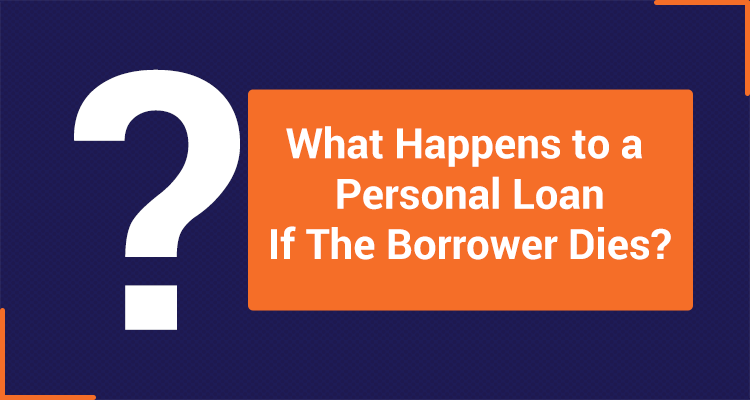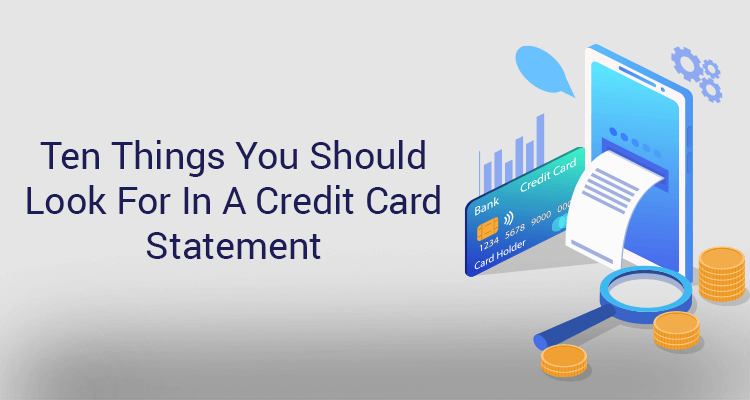What Happens To A Personal Loan If The Borrower Dies?
Table of Contents
Most people seek to plan their finances as carefully as possible. But life is so uncertain that even after careful planning, one is never prepared for the death of a family member. Besides the emotional and mental trauma, it can at time leave heavy financial obligations on family members.
A person often takes several loans at different points of time. These could include, for instance, a home loan to buy or construct a house, a vehicle loan for a car or two-wheeler, and a personal loan for any other expense such as wedding in the family or children’s education.But what happens if a borrower dies during the course of a loan? Who will repay the loan? Are family members liable to repay the loan?
The liability of the family members to repay a loan will depend on the type of loan—whether it is secured or unsecured loans. Loans like home loans and car loans are secured, while personal loans are unsecured, meaning there is no asset pledged against it as a security.Repayment Of Home and Car Loans
If the home loan is insured, then the lender gets the money from the insurer when the borrower dies and can use the money to settle the loan. However, if the home loan is not insured, then it becomes the responsibility of legal heirs to repay the loan. If the legal heirs are not willing to do so, the lender can seize the property and recover its money by selling it. If there is any money remaining after settling the dues, the lender will return it to the legal heirs.A car loan is also a secured loan. If the borrower dies, the lender will approach the legal heirs to repay the loan. If the legal heirs do not want to repay the loan, then the lender can seize the car and sell it to recover its money.
Repayment Of Unsecured Personal Loans
It becomes a bit more difficult for the lender to recover its money in case of unsecured personal loans. The lender will be on a sticky wicket since there is no collateral against such loans. The lender will approach the co-borrower to repay the loan, if the first borrower dies. However, if there is no co-borrower, the lender can approach the legal heir to settle the loan.However, in such cases the liability of the legal heir is limited to value of the assets inherited from the deceased. If the legal heir refuses the pay the loan, the lender can file a suit to recover the loans. But since civil suits in India takes years to get settled, the lender will have to write off the loan as a non-performing asset. Normally, in such cases, lenders are compassionate and will be willing to take a haircut and settle the loan with the legal heirs.
What Should Legal Heirs Do?
In the event of death of the borrower of a personal loan, the legal heir should approach the lender to settle the outstanding loan amount at the best terms.Conclusion
If the primary borrower of a loan dies, it becomes the responsibility of the co-borrower, if there is one, to repay the loan. If there is no co-borrower, the responsibility shifts to the legal heirs.So, it is always better for borrowers to insure their loans. Insuring loans is as important as planning finances. It will save family members a lot of trouble in the unfortunate event of the borrower’s death.
Disclaimer : The information in this blog is for general purposes only and may change without notice. It does not constitute legal, tax, or financial advice. Readers should seek professional guidance and make decisions at their own discretion. IIFL Finance is not liable for any reliance on this content. Read more




